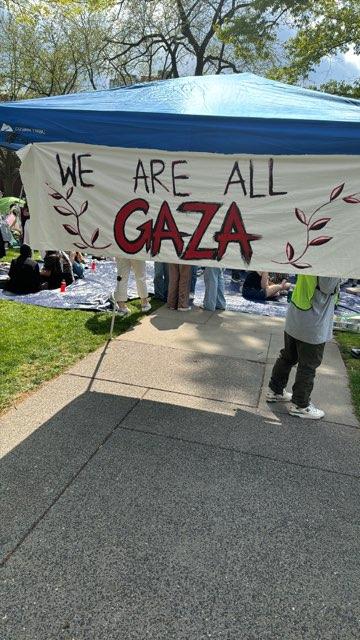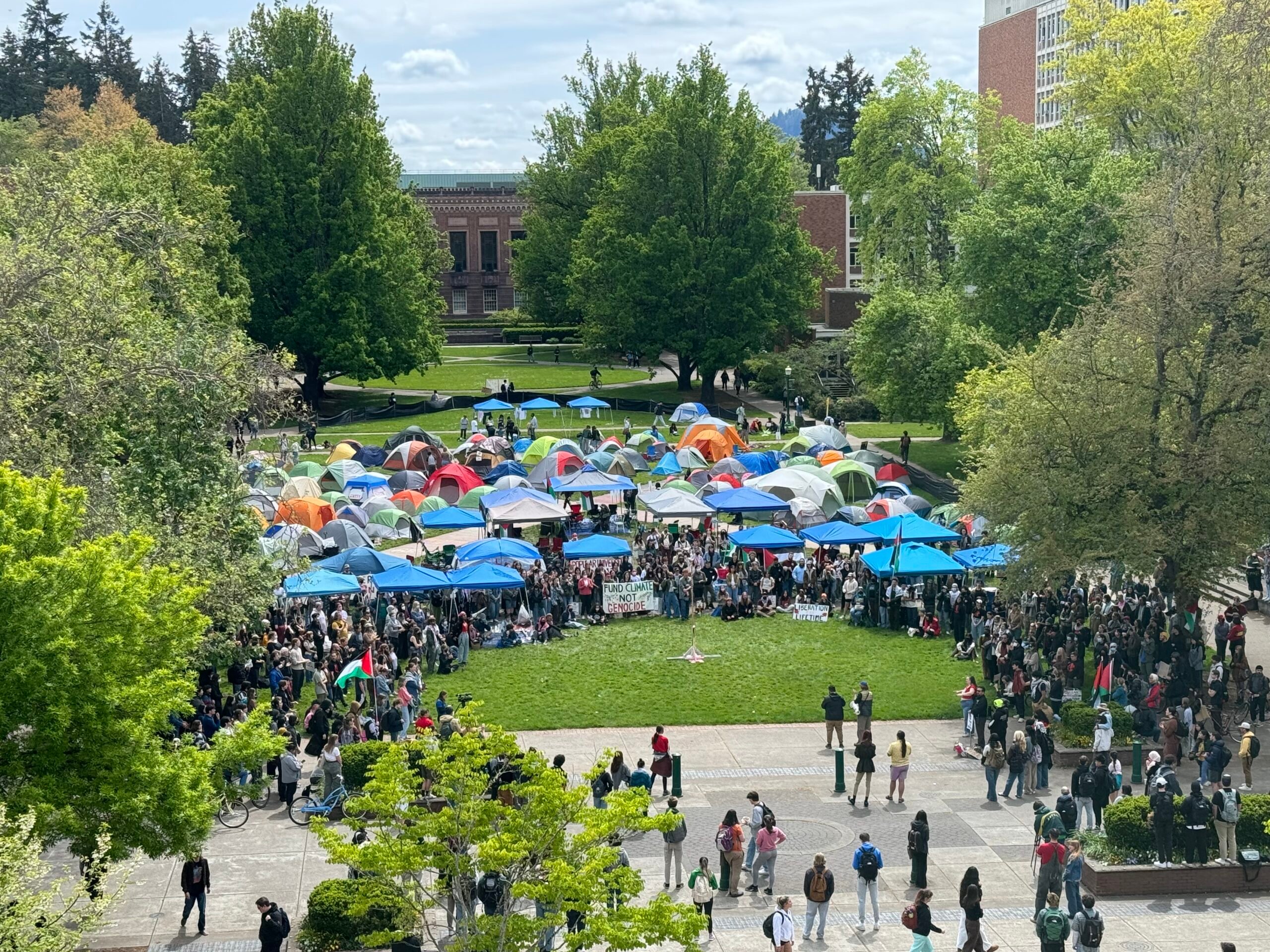Yosef, the main character in these parshiyot, is described by Chazal as “Yosef Hatzaddik.” The obvious question that arises is why? Yosef had many great qualities and withstood many great tests and challenges. What is it that earns him the approbation “Hatzaddik”? There were many tzaddikim in our national history.
I’d like to share an answer to this question suggested by my father, Rabbi Shmuel Goldin, in “Unlocking The Torah Text” Vayeishev pgs. 205-209, that I believe is incredibly relevant to our lives today, and as parents. My father notes that to properly understand the greatness of Yosef, we need to understand the larger context within which the Yosef story takes place:
“A momentous yet subtle change takes place in God’s relationship with man when Yosef appears on the scene: For the first time since His commandment to Avraham launched the opening chapters of Jewish history, God is silent.
God spoke to Avraham, Yitzchak and Yaakov at critical junctures of their lives. He commanded, taught, instructed and reassured them… Suddenly, vis-à-vis Yosef, God stops talking.”
We can now begin to understand the greatness of Yosef. He lived in a new reality where God’s presence was hidden. And yet, throughout his life, Yosef continues to mention and give credit to Hashem. Two examples:
1) In this week’s parsha, Yosef is pulled out of jail and placed in front of Pharoah, who declares, “I have heard … that you understand a dream to interpret it.” Rather than jumping at the opportunity to respond with a resounding “Yes!” he incredibly answers, “It is not I! God will respond to Pharoah’s welfare.”
2) After revealing himself to his brothers, he assures them constantly not to worry about what they had done to him, as “you did not send me here, but God.”
It’s this attribute, my father suggests—the ability to see the hand of God in all that happens to him—that earns him the title “Yosef Hatzaddik.”
“When all is said and done, Yosef is truly Yosef Hatzaddik; a man who believes in God even when God is silent… Yosef sees God’s hidden hand in all that transpires as he struggles to define his divinely ordained role in a turbulent and frightening world…
Yosef emerges as the paradigm for our lives, the biblical figure whose life experience most closely mirrors our own. Like Yosef, we live and, in fact, have lived for centuries, in non-prophetic times. Our challenge, like his, is to see God’s hidden hand in the world around us…”
However, I would like to take this idea a step further. I believe that the true importance of Yosef’s actions was not simply his ability to find God in all that happened to him, but the fact that he consistently brought God into his conversations. He didn’t just see and feel Hashem—he talked about Him as well to those around him.
We, too, must make sure to make God a part of our conversations—with each other, and with our kids.
Over the last 20-30 years, articles have been written about a troubling phenomenon emerging from within the Jewish community: a group of Jews who identify as Jewish, and even practice Judaism, yet don’t believe in Hashem. In fact, many in this crowd don’t see a clear correlation between Judaism and God.
While it is true that a person can be halachically Jewish and be atheist, as a religion, belief in God is foundation to Judaism itself. So how could an entire community come to the erroneous conclusion that there could be Judaism without God?
In “Unlocking the Torah Text” Bamidbar pg. 89, my father discusses this phenomenon and suggests the following explanation:
“…we have come to preach to the head rather than the heart. Powerful messages are conveyed about ethics, morality and Torah law, but God Himself is rarely mentioned at home, in school or from the pulpit. As a result a child can, in our time, grow up in an affiliated Jewish home, attend a Jewish school, participate in synagogue services regularly, yet never engage in a serious discussion about belief or even about the existence of God. In a real sense, God has been absent from our Jewish teaching.”
When full communities live Jewish lives, and experience Jewish culture daily without mention of Hashem and our connection to Him, then it’s not such a stretch for its participants to conclude that they can have an experience and practice Judaism without believing in God.
We must counter this reality by learning from Yosef Hatzadik—finding Hashem within our daily lives, and making Him a part of our conversations.
Rav Wolbe, in his Sefer Zria U’binyan B’chinuch, notes that we must introduce the concept of Hashem from an early age. Even before our children can speak, they watch our every move and soak in the environment that surrounds them. Every time we make a bracha, or daven or share a Torah thought, our children notice what is happening around them and we must be conscious of this fact.
And as they grow older and understand more, suggests Rav Wolbe, we must talk to them about Hashem in an age-appropriate manner. Through this, we slowly build within our kids a deep-found emunah in God that will form the basis for their faith throughout their lives.
And as they grow even older, and enter adolescence, young adulthood and beyond, we should strive to make Hashem a part of the conversation on a regular basis—and never shy away from the questions that may arise. We must create a home
where God is both felt and discussed.
Wishing everyone a Shabbat Shalom and Chanukah Sameach!
Rav Yossi Goldin is the menahel tichon at Yeshivas Pe’er HaTorah, Rebbe at Midreshet Tehilla, and Placement Advisor/Internship Coordinator for the YU/RIETS Kollel. He lives with his family in Shaalvim and can be reached at [email protected]











